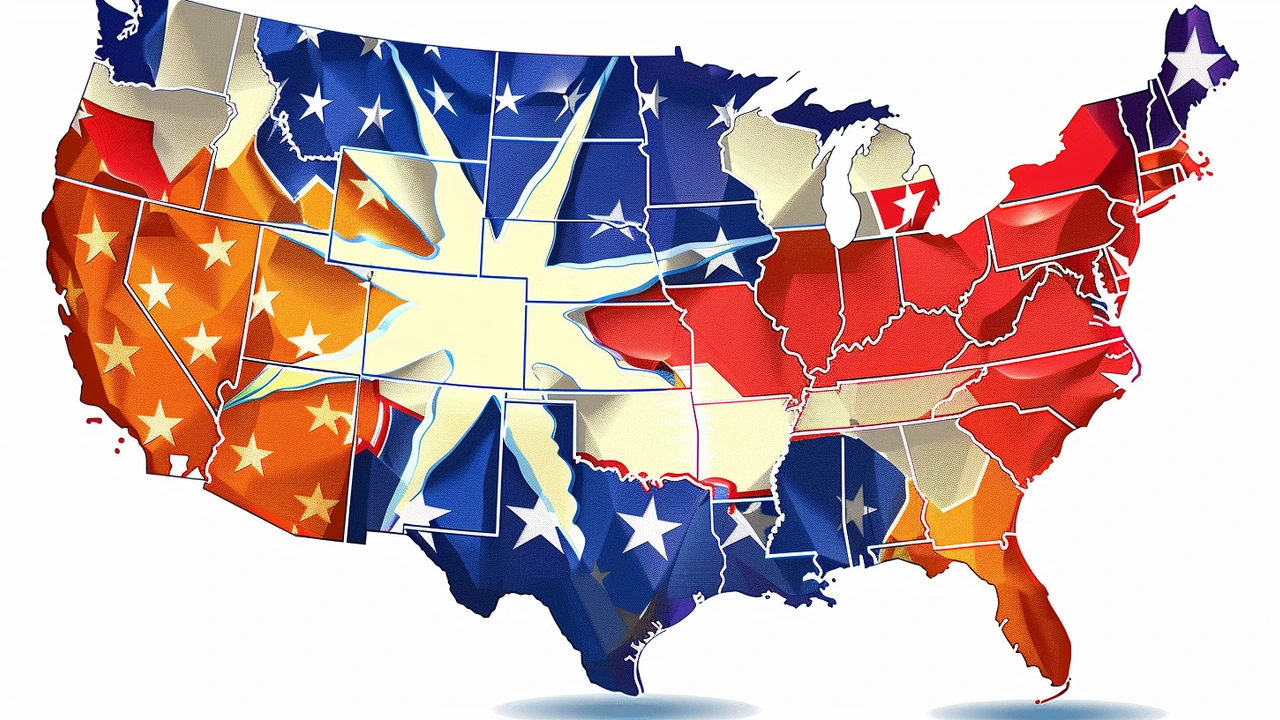Juneteenth Explained: History, Meaning & Celebration Ideas
Ever wondered why June 19 pops up on calendars each year? That date marks Juneteenth – the day enslaved Black people in Texas finally heard that the Civil War was over and they were free. It’s more than a holiday; it’s a reminder of resilience, justice, and community.
Why Juneteenth Matters
The war ended in April 1865, but news travelled slow on the frontier. When Union soldiers arrived in Galveston on June 19, they announced General Grants’ order that freed all enslaved people. That moment sparked celebrations across the South and later became a national acknowledgment of America’s unfinished story about freedom.
For many, Juneteenth is a chance to reflect on both progress and ongoing struggles. It shines a light on how far we’ve come since 1865 while urging us to keep pushing for equity. Talking about it at family tables or in classrooms helps keep the history alive and relevant.
Ways to Celebrate
If you’re looking for practical ways to join the celebration, start with food. Barbecue, fried chicken, collard greens, and sweet potato pie are staples that bring people together. Cook a dish from a family recipe or try a new Southern flavor – the kitchen becomes a place of shared memory.
Music is another powerful thread. From gospel choirs to hip‑hop beats, listening to songs that tell stories of struggle and triumph sets the mood. Consider streaming a Juneteenth playlist on Spotify or YouTube while you cook or relax.
Learning doesn’t have to be boring either. Watch documentaries like “The Freedmen’s Story” or read short essays from Black historians. Even a 15‑minute video can deepen your understanding and spark conversation with friends.
Community events are popping up in many cities – parades, fairs, and public talks. If you can attend one, bring a reusable water bottle, wear something red, black, or green (the Pan‑African colors), and be ready to meet new people. If no event is nearby, host a virtual watch party and invite friends to discuss what they learned.
Finally, think about giving back. Support Black‑owned businesses, donate to organizations focused on education and civil rights, or volunteer your time at local community centers. Small actions add up and honor the spirit of Juneteenth – freedom for all.
So next June 19, ask yourself: how will I remember this day? Whether you’re cooking, listening, reading, or volunteering, each step helps keep the story alive. Juneteenth isn’t just a date; it’s a call to celebrate freedom, reflect on history, and work toward a fairer future together.

Juneteenth: Educational Approaches to Slavery, Black Resilience, and American History
Jun 19, 2024, Posted by Ra'eesa Moosa
Juneteenth's inclusion in education expands understanding of slavery, Black resistance, and American history. Historian Raphael E. Rogers advocates for celebrating Black freedom fighters and integrating Black culture and achievements in early education. A guide from the National Museum of African American History supports teaching resilience and joy in early childhood.
MORE